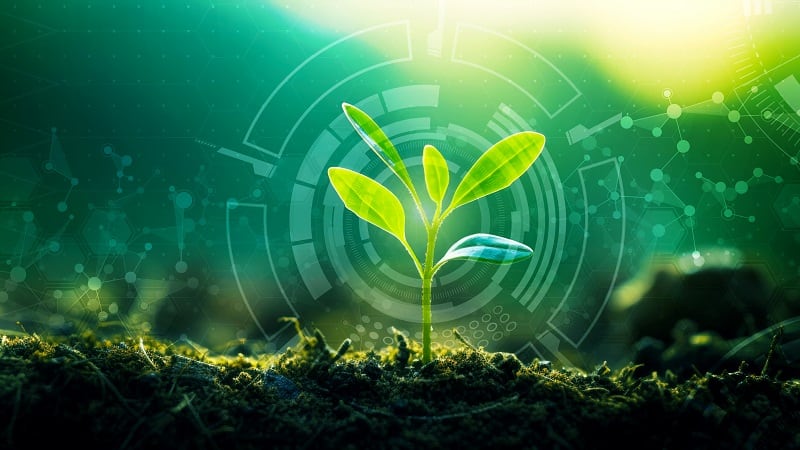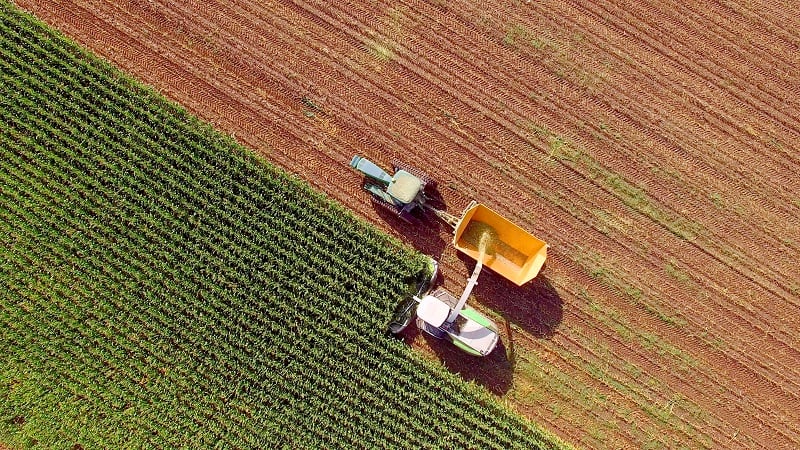The support will go towards the development of innovative, bio-based solutions intended to replace the use of toxic fossil-based pesticides over the next four years, according to Borregaard.
The CBE JU funds projects that promote competitive and circular bio-based industries under the EU’s research and innovation programme, Horizon Europe.
The goal of the Crop Protection Strategies for the Transition to Environmentally-Friendly Agriculture, or Cropsafe, is to reduce dependence on harmful crop protection chemicals by offering cost-effective alternatives for various agricultural settings.
The project is being carried out by a consortium comprising multiple players from bio-based industry, as well as international research institutes and universities.
The Cropsafe consortium is developing bio-based substitutes for chemical pesticides. Using raw materials such as lignin-based biopolymers from Norwegian spruce, as well as renewable bio-based waste such as algae and spent coffee grounds, the project aims to develop crop protection products capable of effectively combating severe pest
Borregaard is leading the development of products and processes related to the bio-based chemicals. The company’s biorefinery will provide bark extracts and lignin fractions derived from Norwegian spruce to be tested against harmful nematodes – small, often microscopic worms found nearly everywhere in nature, which attack plant roots and cause disease and crop loss – in the cultivation of tomatoes, potatoes and bananas.
Yield increases up to 20%
Based on trials, the company claims these solutions have shown potential to increase yields by up to 20% and reduce greenhouse gas emissions related to crop protection by as much as 75%.
Borregaard operates one of the world’s most advanced and sustainable biorefineries. Using natural, renewable raw materials, the company produces advanced and environmentally friendly biochemicals that can replace fossil-based products.
By using the various components of wood, Borregaard produces biopolymers, speciality cellulose, biovanillin, cellulose fibrils and bioethanol for use in a wide range of applications, including agriculture and aquaculture, construction, pharmaceuticals, cosmetics, food, batteries and biofuels.
High expectations
“We have high expectations for this. We’ve achieved promising results in nematode trials at the Norwegian University of Life Sciences,” said Borregaard’s CTO, Gudbrand Rødsrud.
It is estimated up to 40% of global food crops are lost each year due to pests and diseases.
While chemical pesticides are effective, they also contribute to serious environmental issues, including loss of soil biodiversity, bioaccumulation in non-target organisms, and contamination of soil and water. Many of these chemicals are now classified as substances of very high concern and are gradually being phased out. As a result, farmers are left without viable alternatives.
“If we succeed, this has great potential for agriculture worldwide,” Rødsrud said, “both in terms of increasing food production and enhancing sustainability in farming by reducing the use of toxic pesticides.”





